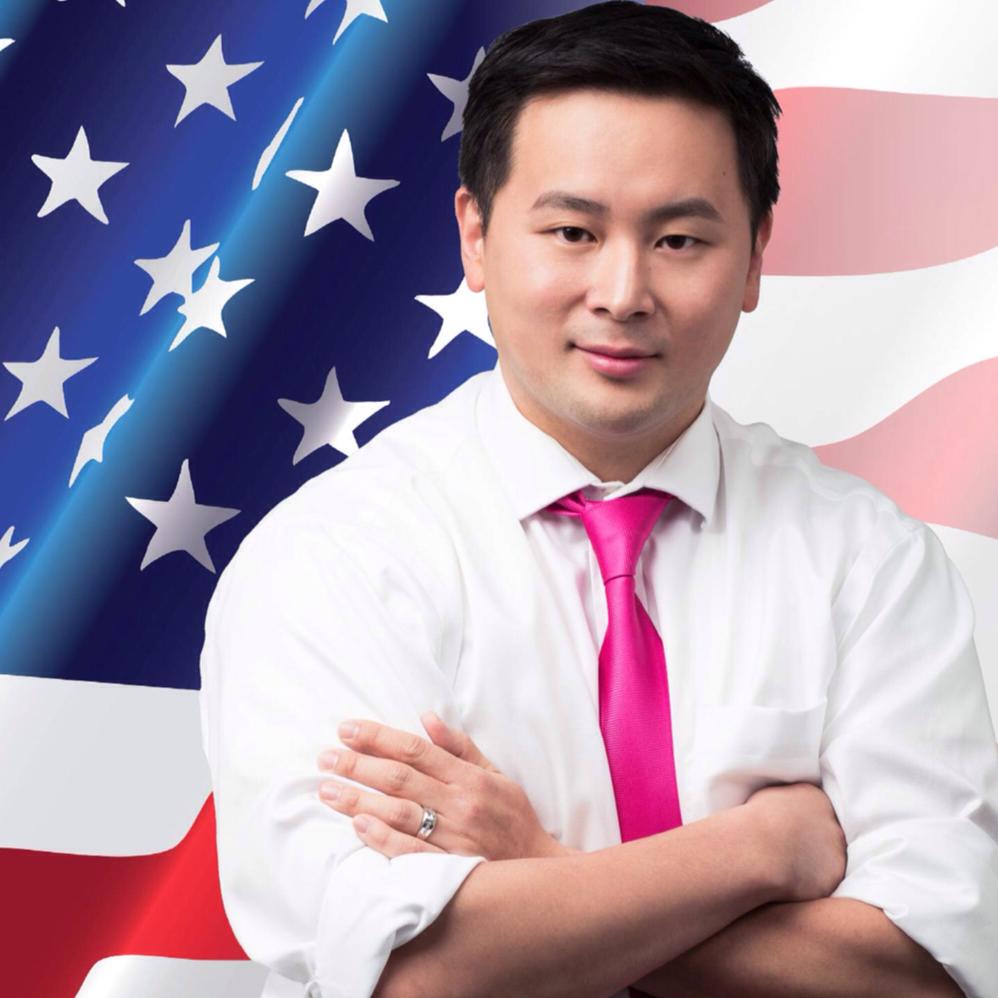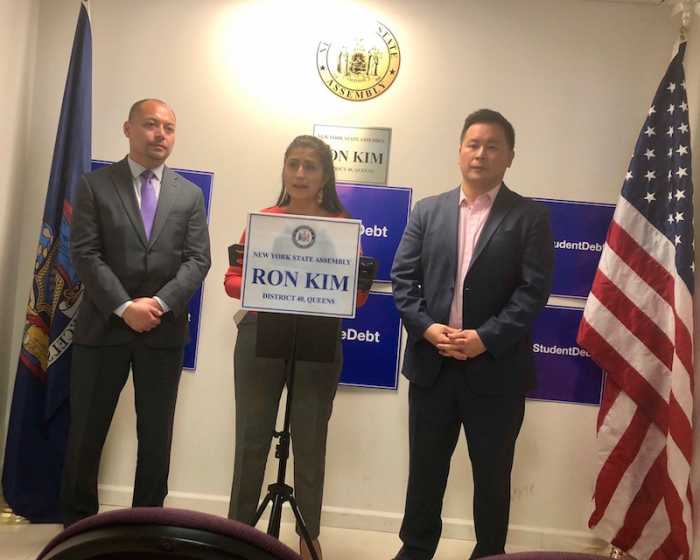In 2013, Governor Cuomo garnered numerous positive headlines for launching Startup New York, offering special benefits and tax exemptions for new businesses in certain areas. Five years later, the results are abysmal. The program spent $53 million in an advertising campaign but only created 408 jobs in its first two years.
It certainly has not “supercharged our efforts to grow our economy,” as the governor claimed it would.

Wanting to draw new companies into New York is a noble and genuine endeavor. However, unilaterally sanctioned regulations have often crippled small companies in New York, driving these startups to leave before they even had a chance to settle down.
One clear example of this is the package of BitLicense regulations set forth by the former Superintendent of Department of Financial Services, Ben Lawsky. Created in 2014, the 44 pages of regulations are not only convoluted but also deeply discriminatory, setting policies (bond insurance) that sidelines most start-ups, particularly minority and women owned businesses already in New York. The surety bond requirements in Section 200.9 (a) state: “Each licensee shall maintain a surety bond or trust account in U.S. dollars for the benefit of its customers in such form and amount as is acceptable to the superintendent for the protection of the licensee’s customers.”
For most startups, these bond requirements and the need for approval by a single state bureaucrat are a major deterrent. There is currently no bond market that specializes in underwriting for cryptocurrency exchanges, and all bond companies rely on credit histories and credit scores to warrant surety bonds—otherwise they require ridiculously large cash collaterals up front.
Soon after Lawsky created these regulations, he left public service to start his own consulting firm. It’s purpose? Helping clients navigate the convoluted rules he created to obtain a BitLicense. While not illegal, this highly unethical turn has cleared the path for only 2-3 startup exchanges to dominate the New York market.
In short, the Governor’s economic development programs, like Startup New York, invited countless companies, including blockchain and crypto startups, to come to New York. But upon arrival, they were hit with his administration’s convoluted regulations, which made it impossible for them to do business in New York.
Fortunately, we can still change directions and take the right steps as a state to make New York the startup capital of the world.
Instead of imposing regulations that grab some immediate headlines, we need to sit down with the experts and authorities from fintech, crypto, and blockchain groups to come up with sensible ways to standardize and monitor cryptocurrency-related startups in New York. There’s a strong desire among mainstream investors to put institutional support behind this space, but they need long-term solutions by regulators that protect individual investments.
The BitLicense is just an application process that empowers a state agency incapable of monitoring and auditing cryptocurrency exchanges. My legislation, New York Cryptocurrency Exchange Act (A.9899), would eliminate the BitLicense and set new monitoring and auditing mechanisms modeled after the European Union’s Alternative Investment Fund Managers Directive. That EU law requires hedge fund–type institutions to appoint a private depository to monitor and audit the assets in the fund. Instead of requiring a surety bond, the legislation would explore insurance mechanisms modeled after Securities Investor Protection Corp. standards to indemnify individual investments.
For Governor Andrew Cuomo and his administration, I know it’s difficult to admit they made a mistake. Instead, they should view this as a learning curve. Let’s work together to come up with better policies that truly “supercharge our efforts to grow our economy”.
Assembly Member Ron Kim represents the 40th District of Queens, which includes portions of Whitestone, Flushing and Murray Hill. First elected in November 2012, Kim became the first and only Korean American ever elected in New York State.










